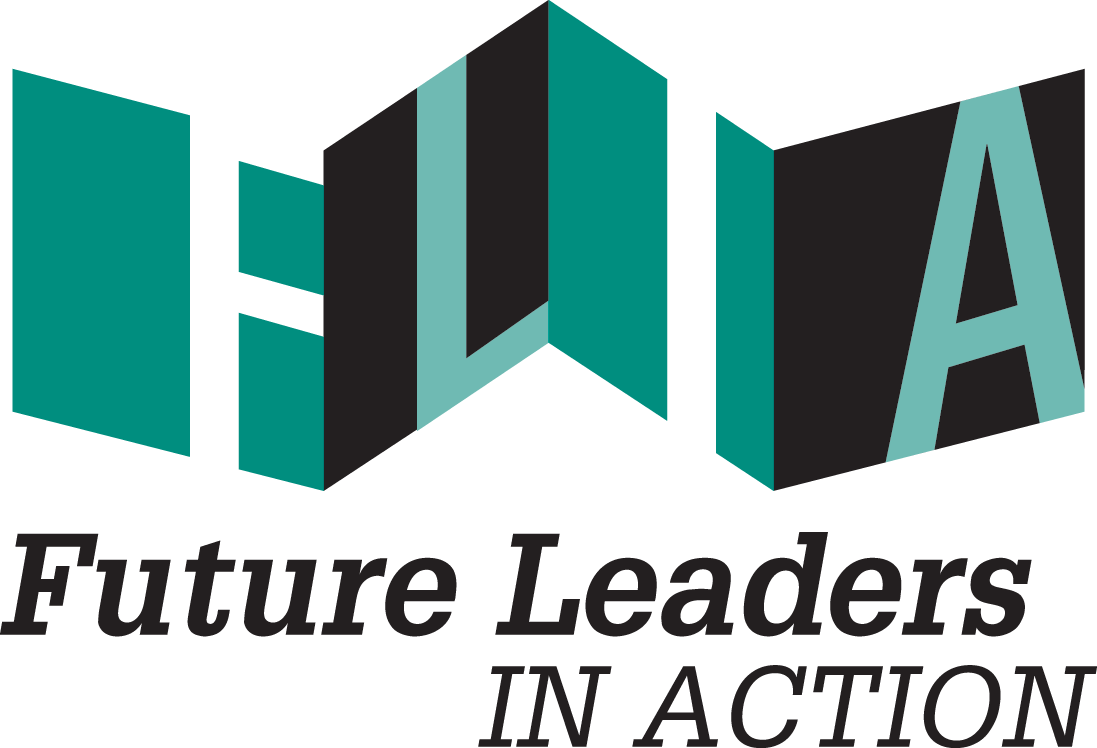Photo Credit: Kari Shuck
During our fellowship screening process, we look for applicants whose resumes illustrate personal initiative, hard work and dedication, and a drive to create social change. These qualities can be conveyed on the resume of someone who has only ever held food or customer service positions.
Just as there are employable qualities in applicants that don't fit within the confines of a traditional application, there are many unconventional, but equally compelling ways to illustrate your strengths and lived experiences in a way that sets you apart from others.
Non-traditional learning experiences
Examples: Running a personal blog, a study-abroad program, informal childcare
Find a way to fit these into your resume. It demonstrates that you use your personal time to grow and develop yourself as a person. Whether it is under a section at the bottom of your resume titled Additional Accomplishments, Extracurricular Involvement, or fit into the Skills section, don’t sell yourself short by leaving these out.
If you’ve participated in a study-abroad program, you may even be able to list it as you would for other work experiences, providing the name of the organization running the program and a bulleted list of project accomplishments, or under the Education section as a school.
Community engagement and volunteer work
Examples: Sitting on an advisory board, organizing a protest, being a member of a club
Just because you're not collecting a paycheck doesn't mean you're not learning project management, leadership skills, or another technical ability. If the work you've done with an organization or group is longer-term (more than 1 month or so), you can list it as a position and provide a bulleted list of accomplishments like you would for a traditional job.
Alternatively, if you have a wider range of shorter community engagement stints, you could create an entire section of your resume titled "Community Engagement" or "Volunteer Experience" where you list the various organizations you’ve been a part of.
Relevant passions or interests
Examples: Coursework, field experience or practicum, certificate
Remember that class where you had to create a community survey or lead a focus group? What about your college practicum experience working with a women’s prison or local ACLU chapter? You can include these in a section titled Relevant Coursework or listed within your Education section to provide more depth and context. It also gives us, or anyone else looking at your resume, an idea of what drives you to do the work that you’re doing and what your future aspirations may be.
"Non-work" work and life/technical skills can be just as critical to a strong resume as traditional roles and degrees are. Whether you can take something from one or all three sections described, be sure to make space for them in a way that is honest and representative of the experience.
If you are considering applying for our fellowship and have any other questions along the way, feel free to contact Milly at Milly@futureleadersinaction.org


